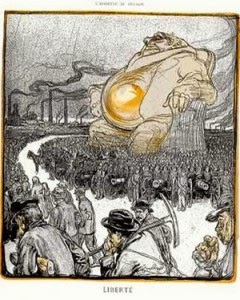
Following interviews with political actors, two case studies in Merseyside and south Lincolnshire explore the place-based factors behind the over-achievement of Labour in the former and the Conservatives in the latter. In the third empirical chapter, spatial analytical techniques are used to identify areas that do not fit these trends. In areas that have seen the sharpest economic decline, there has been more recent decreasing relative support for Labour. In areas that have declined the least between 19, Labour’s mean vote shares have increased relative to the Conservatives. In the second chapter, ‘left-behindedness’ is understood as a dynamic process of decline. However, Labour remain dominant in disadvantaged areas with high levels of insecure employment and poverty remains the most important positive predictor of Labour’s support. Conclusive results indicate that the Conservatives have gained support at Labour’s expense in largely older, white, working class constituencies.

Merging constituency-level census data with election results, in the first empirical chapter this thesis applies various regression techniques to test this idea on multiple definitions of ‘left-behindedness’ at every General Election between 19 in England and Wales.


A well-established narrative has existed for some time in British politics: ‘left behind’ places are gradually moving to the Conservatives as Labour dominate in urban, ‘cosmopolitan’ areas.


 0 kommentar(er)
0 kommentar(er)
